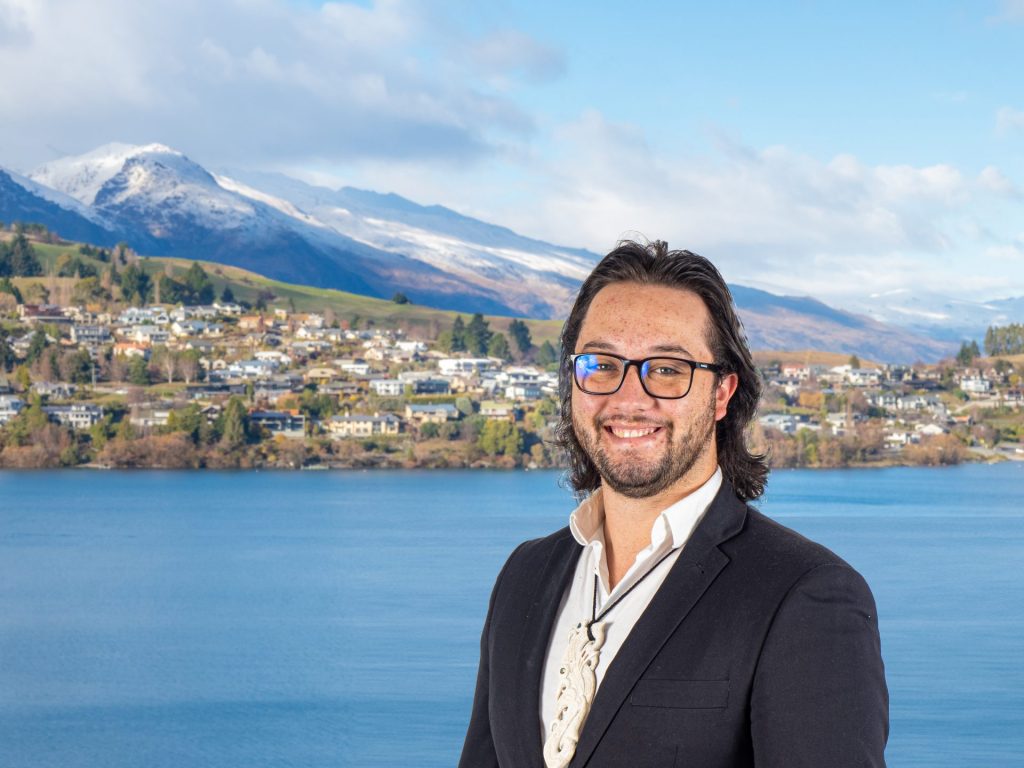Ngā Pī Ka Rere spotlight: Marcus-Rongowhitiao Shadbolt, passionate about seed conservation
Ngā Rākau Taketake welcomes Marcus-Rongowhitiao Shadbolt, a new Master’s student under the Oranga and Conservation & Restoration research themes. He will be looking at how we can best conserve New Zealand’s seeds.

Marcus-Rongowhitiao (Te Arawa, Ngāti Kahungunu, Ngāti Porou, Ngāi Tahu) approaches science from a unique perspective. He completed his Bachelor of Science in 2019 at the University of Canterbury – majoring in biological sciences and philosophy.
“I think doing the philosophy combination made me more skeptical,” says Marcus. “And I think that just improves what I do in the science space.”
In the science space, Marcus has found a passion for seed conservation. Marcus says that the arrival of myrtle rust in New Zealand was a wake-up call. The difficulty of storing some of New Zealand’s most vulnerable Myrtaceae seeds has underscored seed banking as an urgent area of research.
“Myrtle rust showed us that we don’t know how to store many of our taonga seeds,” says Marcus. “That made us realise we wouldn’t be able to use seed banking to protect them if some other threat came in that we couldn’t control.”
Marcus started his coursework last year at Lincoln University and is completing the thesis portion this year at the University of Canterbury under the supervision of Dr Sarah Wyse and Prof Jason Tylianakis. Marcus has three aims for his thesis. The first is to establish germination protocols for a set of New Zealand seed species.
“The goal here is to find the best, most efficient way to get a seed to germinate.”
Marcus is working with botanic gardens and other groups to source native seeds. He will then grow them in controlled growth chambers under different temperature and light conditions. He will also be trying out additional germination techniques, such as cold stratification, to optimise germination success.
His second aim is to see whether or not seeds can survive being dried and frozen for storage. He will compare germination success between fresh seeds and dried or frozen seeds to identify seeds that do not tolerate being subject to these conditions.
“For these seeds, I’ll have to do further research to figure how best to store them.”
Marcus’s third aim fits within the Oranga theme of Ngā Rākau Taketake.
“I will be looking at what a best practice system could look like for collection and storage of taonga seeds with Māori.”
To do this, Marcus will use a kaupapa Māori research perspective.
“There may be an interview component to it, depending on what I find in the literature and what my advisor, Aroha Mead, suggests.”
What Marcus discovers in his Master’s is bound to have an impact on how New Zealand approaches seed conservation on a local and national level.
“I was drawn to the need of the work in this space and because it was an area where so little was known,” says Marcus. “I know that whatever I find out will contribute to the science system.”
Ngā Rākau Taketake welcomes you, Marcus, and looks forward to witnessing your contributions to science.
Posted July 2022.